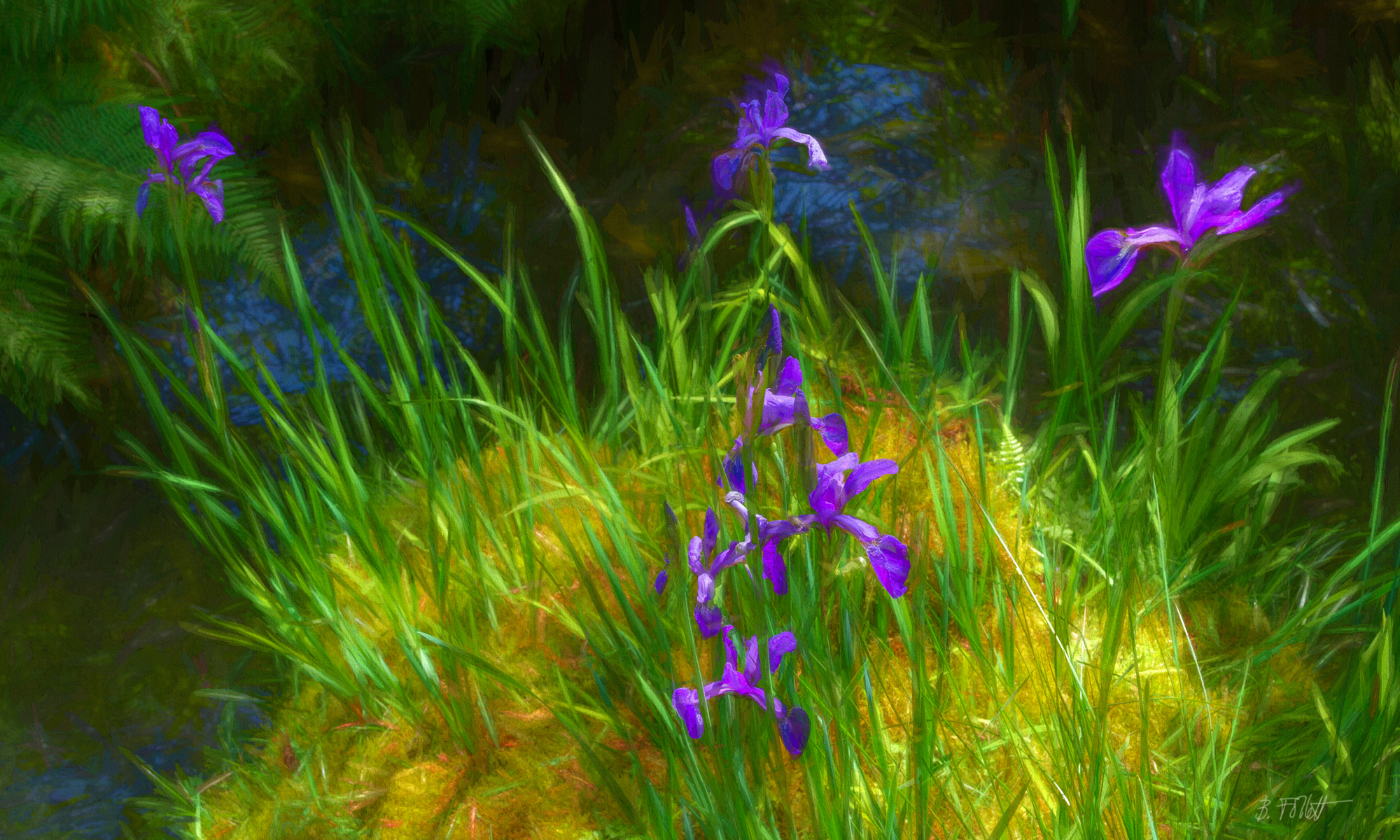
Dear Artists: I understand you get excited if someone shows an interest in actually purchasing your artwork, but. . . be sure to check them out before you even bother to respond. They may be a potential scammer.
So this is a public service message for artists and to remind any readers about Art Scams out there on those “internets” – usually by email, possibly by telephone, and maybe by now, other means too! Be a little skeptical!
What To Do:
(1) The first thing to do is a google search on their email address, and then on their name, and see if anything pops up on that, or if they even look like a real person based on what results do come up. (If there’s absolutely nothing that comes up on a person or their email, that’s a red flag.) Then do a search on art scams.
(2) Keeping in mind the type of communication you received, see how it compares to the known Art Scams (reflected in your searches or in the articles below). If you recognize the same methods being used, compared to the examples provided, well, it’s a scam.
(3) If what’s going on with you seems like it may be slightly different, scams continually evolve, so do a google search on a phrase or words used (copy and paste from the email) or on what they told you (if by telephone). Maybe it’s a new one.
(4) There’s also a Facebook page (Stop Art Scams) where you can ask questions or report scams for discussion.
(5) Some artists and photographers are tempted to “play along” to see what happens. Don’t be. Don’t waste your time ever responding to them, if its a scam. You have better things to do. They’ll have a weird loop for getting your money (and sometimes your art, for free). If you play their game, you will end up feeling like an idiot. And they will always try to play off your ego and desire for positivity, your wanting to believe it’s a real potential sale.
(6) If you are still tempted to believe it’s a real legitimate potential purchaser, develop a good list of questions for information-gathering from the potential client. Go on the defensive and insist that the purchaser follow “your business procedures” (which you never deviate from) and see how they respond to providing information on just who they are really, and whether they will follow your procedures. If they are legit, they will not have a problem with that. If they are a fake, they will have lots of reasons why they have to do it “their way.” Drop them like a hot potato! – And publish their fake name and email on the internet as a known scammer – I saved at least two other artists from my scammer a few months ago. He was John Owen – johnowen1000010000@gmail.com .
(7) Go spend your time on your usual routine, your art, and your usual social media marketing procedures. Don’t bite on scammers and get reeled in by their funky B.S.
Check out these links if you think something is fishy (or even if you hope it’s “Legit”):
- Artwork Archive, How to Spot and Avoid Email Art Scams, at: https://www.artworkarchive.com/blog/don-t-be-fooled-by-email-art-scams-how-to-spot-and-avoid-fraud
- How To Recognize an Art Scam, Agora Gallery (5/25/2017), at: https://www.agora-gallery.com/advice/blog/2017/05/25/how-to-recognize-art-scam/
- Known Scammer Names in Art-Related Email Scams, Kathleen McMahon website, at: http://www.kathleenmcmahon.com/info/scammer-names.html (not an exhaustive list – names keep changing but may be similar).
- Stop Art Scams (8/24/2018) (sample emails from scammers), at: http://stopartscams.blogspot.com/ (if you’ve received anything like this, it’s a scam! So stop corresponding and wasting your time!)
- How To Recognize Signs of an Art Scam, The Abundant Artist, at: https://theabundantartist.com/protect-art-business-scams/
- Stop Art Scams page on Facebook, at: https://www.facebook.com/Stop-Art-Scams-135887239769963/
🙂 not 🙁

